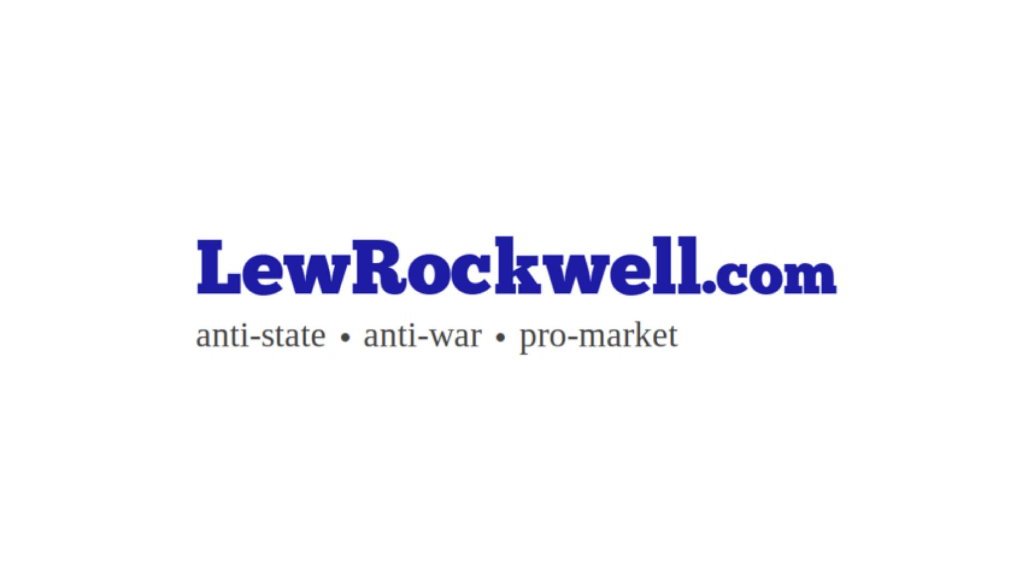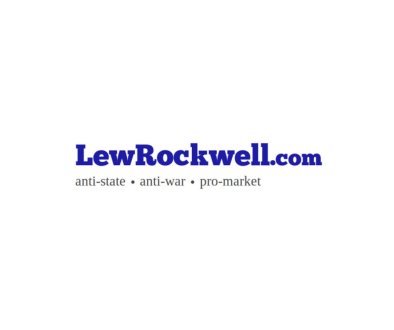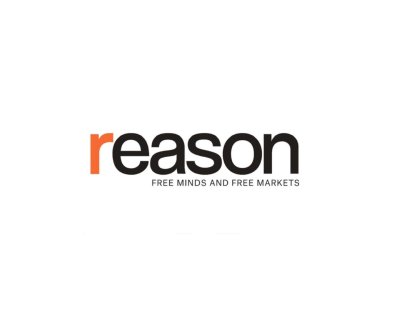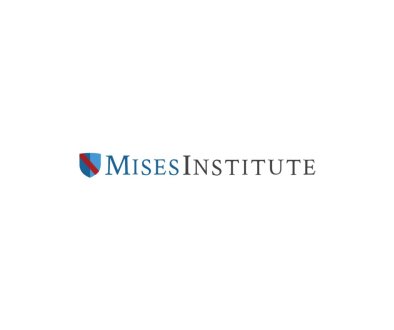A Rothbardian Analysis of the South Korean Constitutional Crisis
On April 4, 2025, South Korean President Yoon Seok-yeol was formally removed from office after the Constitutional Court found him guilty of leading an illegal pro-government coup on December 3, 2024. Having lost the presidency, Yoon will now be tried for treason in a regular criminal court—a separate institution from the Constitutional Court—where he faces either the death penalty or life imprisonment. Western liberal media outlets have praised these developments as a testament to the strength and maturity of South Korea’s democratic system. They argue that South Korea is a politically advanced nation, capable of dealing with any wrongdoing or abnormality through constitutional procedures and democratic deliberation, serving as a model for Western democracies.
Indeed, since the 1990s, South Korea has widely been regarded as a leading example of democracy, highly respected by Western nations. Yet I argue that this case reveals not a robust demonstration of constitutionalism but rather its deep fragility. Far from celebrating a “victory” for constitutional democracy, this situation in South Korea actually underscores a nightmare scenario for constitutionalism.
The Constitutional Crisis in South Korea: A Brief Summary
Throughout the 20th century, the South Korean people waged a pro-democracy movement against a succession of illegal military regimes armed with tanks and guns. By the late 1980s, they successfully toppled the military government and amended the constitution. Unlike numerous non-Western nations that descended into perpetual political upheaval after ousting authoritarian regimes, South Korea managed to establish a lasting democratic order. The Economist Democracy Index and the V-Dem Democracy Index—today’s most trusted measures of democracy—have consistently ranked South Korea as one of the most democratic countries in Asia for the past decade, placing it in the global top 15–20. At one point, it rivaled established democracies in Europe and North America, even surpassing some, like Italy, Australia, Canada, and the United States. South Koreans refer to the post-1987 constitution—which introduced direct presidential elections—as the “1987 System,” and many take pride in how this system emerged from their struggle against a military regime.
The high level of constitutional democracy attained by a non-Western nation has often been used to show that constitutionalism and democracy are universal, ideal systems for humanity. However, South Korea’s events last year demonstrated how constitutionalism can fail when President Yoon Seok-yeol, who professed to follow Ludwig von Mises, declared a state of emergency to “eliminate communists and defend freedom,” invoking the very powers that the constitution grants. I do not highlight President Yoon’s coup attempt simply to show the failure of constitutionalism: it can be written off as the act of a historically rare “madman.” No system may be able to respond well to such a crazy person. Moreover, his coup, under the guise of constitutional authority, was thwarted within two hours by a constitutionally empowered National Assembly that nullified martial law. Indeed, one could say the same constitution that triggered the crisis ended it. Where is the problem, then?
The real trouble emerged in the aftermath: the series of severe and repeated failures by South Korea’s constitutional and political apparatus. These failures laid bare the brittleness of a constitutional system. Here are the key events in the three months following the state of emergency:
- An impeachment motion against President Yoon passed, removing him from office, and elevating the Prime Minister—akin to the U.S. Vice President’s succession—to Acting President.
- Under South Korea’s co
Article from LewRockwell

LewRockwell.com is a libertarian website that publishes articles, essays, and blog posts advocating for minimal government, free markets, and individual liberty. The site was founded by Lew Rockwell, an American libertarian political commentator, activist, and former congressional staffer. The website often features content that is critical of mainstream politics, state intervention, and foreign policy, among other topics. It is a platform frequently used to disseminate Austrian economics, a school of economic thought that is popular among some libertarians.




